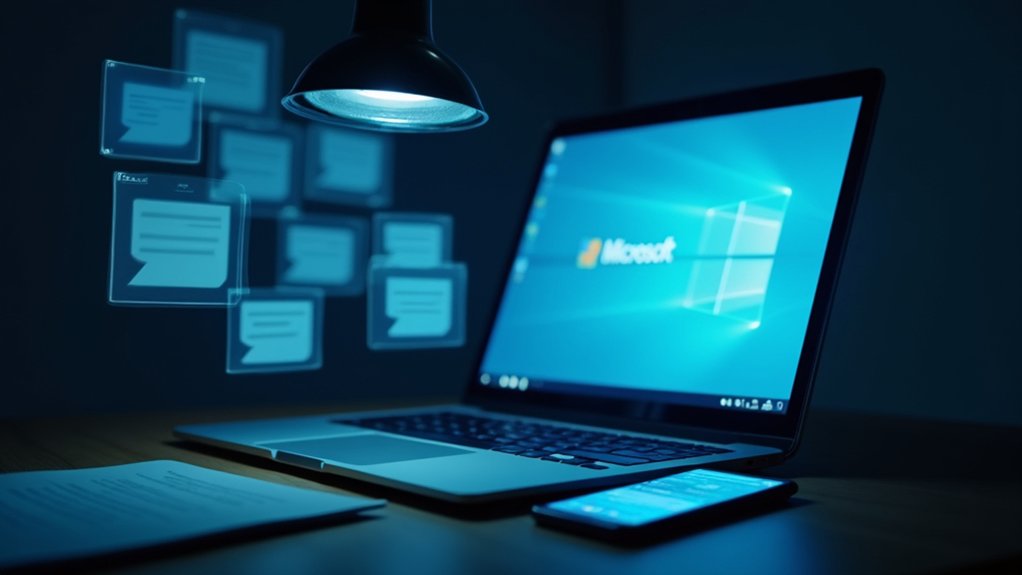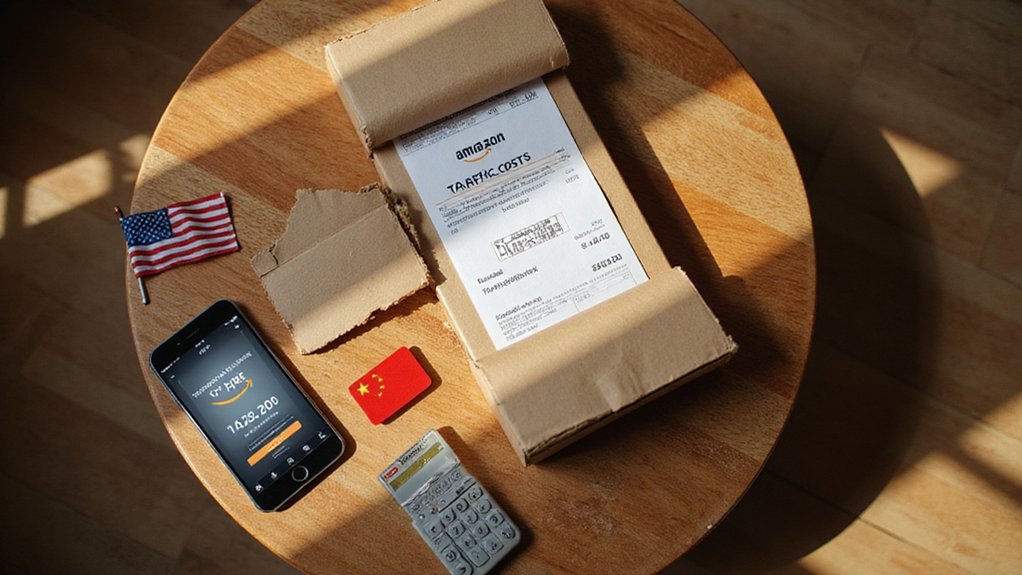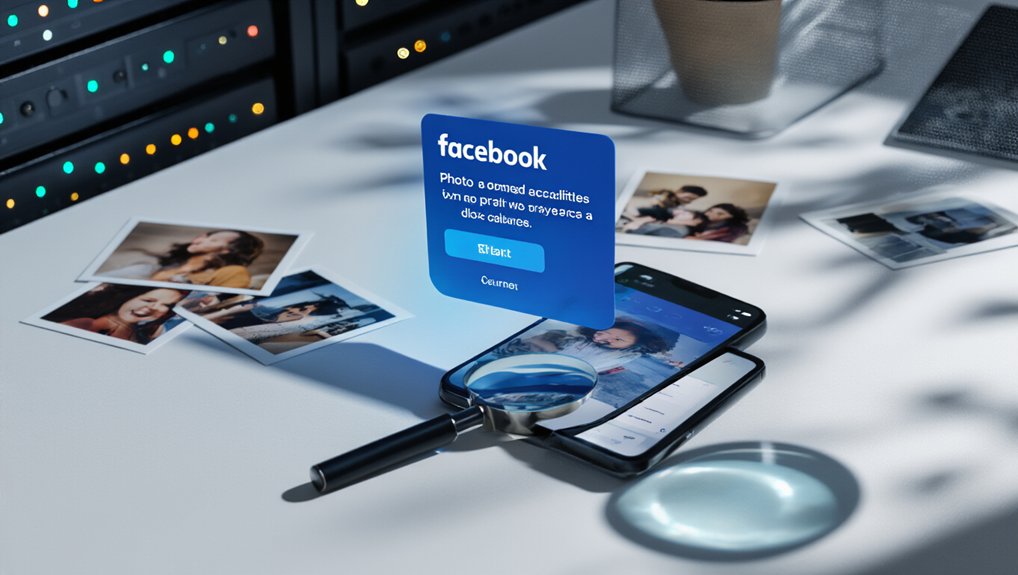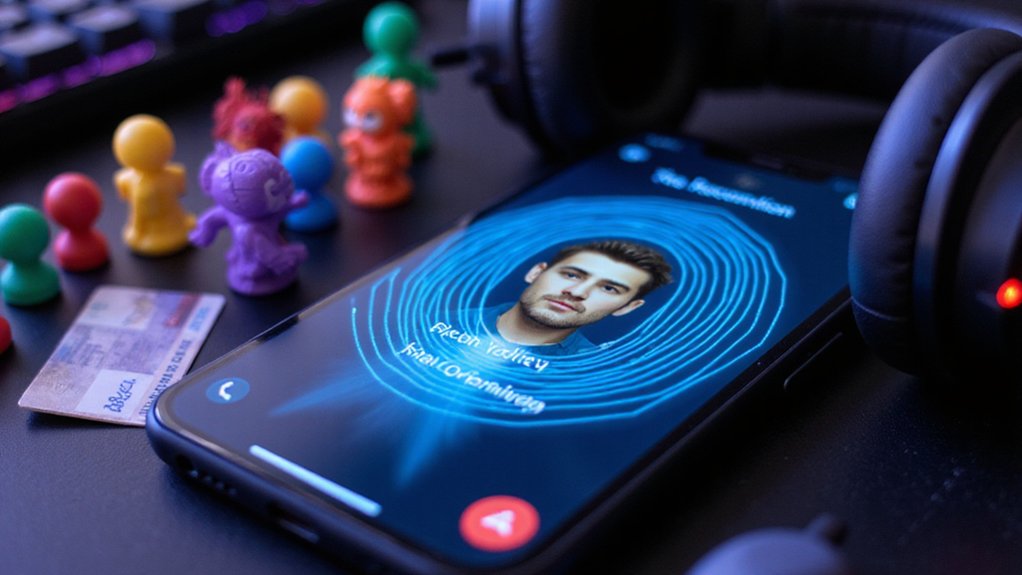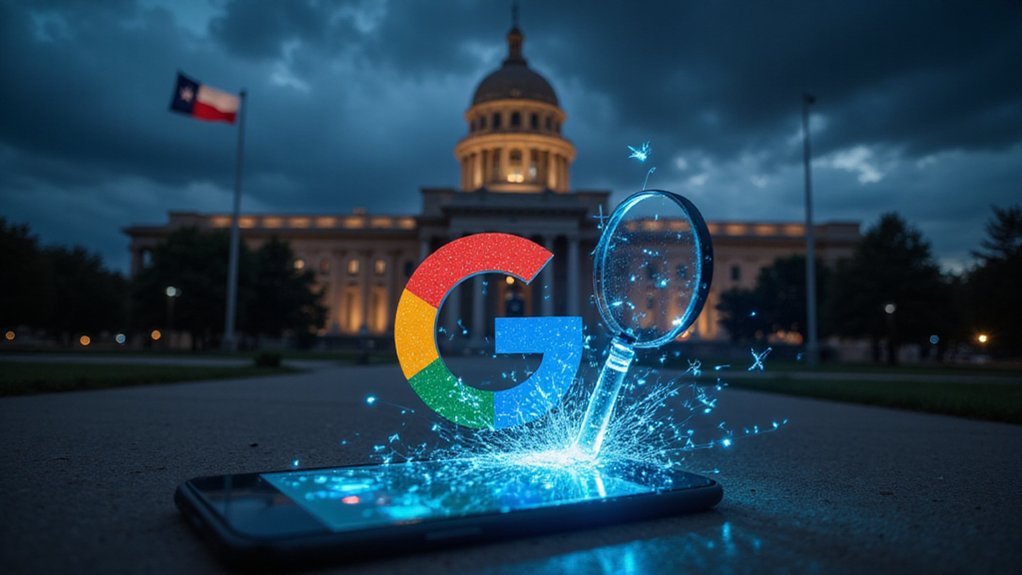Microsoft’s Recall feature captures screenshots of everything on users’ screens, including private messages and emails. This data is stored locally but can be accessed by anyone with device permissions and is shared with hundreds of Microsoft partners. Users in organizations face even greater privacy risks, as employers can access all communications between internal accounts. Microsoft claims personal data isn’t used for tracking, but many users remain unaware of just how exposed their “private” conversations have become.
While users expect their personal messages to remain private, Microsoft’s new Recall feature is raising serious concerns about digital privacy. The feature captures snapshots of on-screen activities, including private messages, emails, and chat histories. These snapshots contain both text and images displayed during device usage, and can include sensitive information like usernames and passwords.
Recall makes all this information searchable, allowing users to retrieve almost any past message or content viewed on their device. Although the data is stored locally, anyone with sufficient device permissions can access it. This represents a significant shift in how private communications can be monitored and retrieved.
Microsoft’s data practices extend beyond local storage. The company shares processed information with up to 801 external partners for purposes including targeted advertising and data analytics. While some data transfers use security measures like Transport Layer Security (TLS), other credentials may be transmitted in plain text, creating security risks. Microsoft ensures compliance with various data privacy frameworks including EU-U.S. frameworks and provides specific notices for U.S. users.
For organizational users, the privacy concerns are even greater. Organizations using Microsoft services can access all communications between internal accounts for compliance, monitoring, or investigative purposes. This access is governed by organizational policies rather than individual user preferences.
These practices fundamentally undermine expectations of privacy. Microsoft explicitly states that personal data collected is not used for tracking or marketing purposes, but users may still be unaware that their private conversations and confidential materials are accessible to unintended parties. The ability to search and retrieve historical messages raises concerns about surveillance and potential misuse of personal data.
Microsoft’s privacy policies do outline data collection practices, but these disclosures are often broad and difficult for average users to interpret. Specific details about Recall’s data practices may be unclear, and users often can’t opt out of certain data collection features.
Security experts note that data stored by Recall is vulnerable to local attacks if device access is compromised. With organizations having extensive access to communications and Microsoft sharing data with hundreds of partners, the traditional notion of “private messages” is rapidly changing in today’s digital landscape.
References
- https://www.microsoft.com/en-us/privacy/data-collection-teams
- https://www.microsoft.com/en-us/privacy/privacystatement
- https://learn.microsoft.com/en-us/intune/intune-service/protect/privacy-data-collect
- https://learn.microsoft.com/en-us/answers/questions/1303212/can-owners-of-organization-view-messages
- https://proton.me/blog/outlook-is-microsofts-new-data-collection-service
